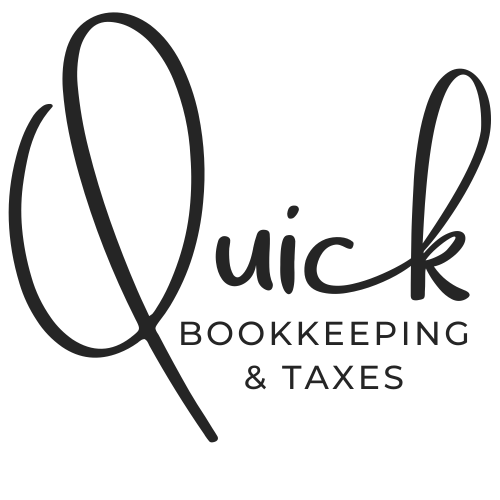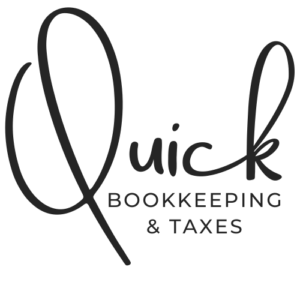Expense trackers are software applications designed to help small business owners keep a close eye on their expenditures. They provide features to record, categorize, and analyze expenses, enabling owners to make informed financial decisions. Small business owners can identify cost-saving opportunities, optimize their spending, and ensure they are well-prepared for tax season.
Here are the top three expense tracking tools that can help small businesses stay on top of their finances.
1. QuickBooks Online
QuickBooks Online is a top-tier accounting software known for its extensive features and ease of use. It offers a comprehensive set of tools for small businesses to manage their finances, including robust expense tracking capabilities.
Key Features:
- Automatic Bank Feeds: Connect your bank accounts to automatically import transactions.
- Receipt Capture: Snap photos of receipts with the mobile app, which are then matched to your expenses.
- Expense Categorization: Customize categories for detailed tracking and reporting.
- Financial Reporting: Create detailed financial reports to monitor your business health.
- Integration: Seamlessly integrates with various third-party apps for extended functionality.
Pros:
- Intuitive and user-friendly interface.
- Extensive support resources and tutorials.
- Scalable for businesses of different sizes and complexities.
Cons:
- Monthly subscription fees can accumulate.
- Might be complex for users without accounting experience.
Cost: $15 to $200
Ideal For: Small businesses in need of a powerful, all-in-one accounting and expense tracking solution.
2. Expensify
Expensify is a dedicated expense management tool that simplifies tracking and reporting. It is particularly useful for businesses with employees who frequently travel.
Key Features:
- SmartScan Technology: Automatically scans and inputs receipt details.
- Automatic Categorization: Sorts expenses into categories for easy management.
- Real-Time Reporting: Allows for the management of expenses as they occur.
- Integration: Syncs with accounting software like QuickBooks and Xero.
- Mileage Tracking: Offers tools for tracking travel-related expenses.
Pros:
- User-friendly mobile app for on-the-go expense tracking.
- Fast receipt processing reduces manual data entry.
- Strong integration with other financial tools.
Cons:
- Costs can add up, especially with larger teams.
- Limited features in the free plan, necessitating a paid plan for full functionality.
Cost: Expensify has 2 pricing edition(s), from $5 to $9.
Ideal For: Businesses with frequent travel requirements needing an efficient expense management tool.
3. Wave
Overview: Wave is a free accounting software that includes solid expense tracking features, making it ideal for small businesses and freelancers on a budget.
Key Features:
- Free Accounting Tools: Offers a suite of financial tools at no cost.
- Receipt Scanning: Use the mobile app to capture and manage receipts.
- Bank Integration: Automatically import and categorize transactions from linked accounts.
- Customizable Categories: Tailor expense categories to your needs.
- Financial Reports: Generate reports to track financial performance.
Pros:
- Completely free, providing significant savings.
- Easy to use, even for those without accounting experience.
- Comprehensive tools for managing all aspects of business finances.
Cons:
- Limited customer support compared to paid solutions.
- Lacks some advanced features found in premium software.
Cost: Starter plan is free, the pro plan is at $16 per month.
Ideal For: Freelancers and small businesses seeking a cost-effective way to manage expenses without compromising on essential features.
If you find yourself struggling at any point, don’t hesitate to seek help. Book a consultation with us at www.qbtconsulting.com, We can provide expert advice and ensure your financial records are in order, giving you peace of mind. Also, make sure to stay up to date with latest tax and bookkeeping news on our blog.
The information provided here is for educational purposes only and does not constitute legal, financial, or tax advice. QBT Consulting strongly recommends consulting a qualified professional before taking any actions based on the contents of this post. QBT Consulting assumes no liability for actions taken in reliance on the information provided. Seek expert guidance tailored to your specific circumstances.


